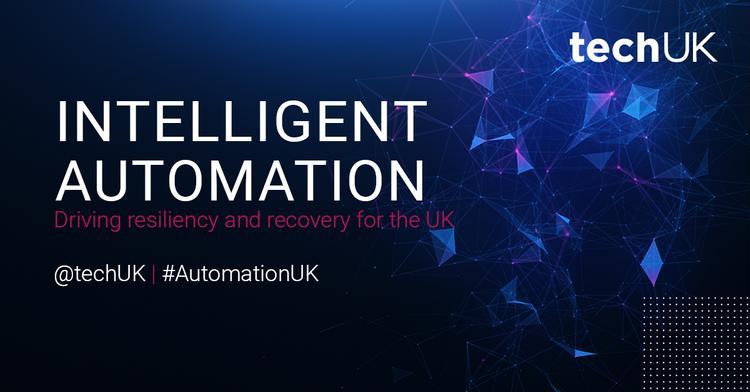Intelligent automation: enhancing road accident reporting

It might sound incredible, but paper is still one of the preferred ways to report a road accident to insurance companies when it comes to processing repairs and issuing compensation.
In fact, multiple attempts at creating digital versions of the official report forms have had only modest acceptance. Some mention a lack of trust in yet another layer on top of the already cumbersome and unfriendly process of filling in paper forms. Others complain of unfriendly user interfaces or simply not having the mental energy or capacity to deal with digital interfaces. Pen and paper still provide a feeling of comfort: a simple, straightforward and direct representation of information. No screens or buttons to deal with.
This is what many insurance companies have reported to us when trying to roll out digital solutions, including mobile apps. Pen and paper were their policyholders’ choice for more than 90% of reported road accidents according to one major European insurance company, even when they tried to convince the policyholder that using the mobile application would expedite the compensation and repairs process significantly.
But while the policyholder is fully behind pen and paper, reliance on these analogue means of recording data comes with its challenges. As you would expect, not only does this lead to large operational costs, but also a high number of transcription errors, requests for clarification and delayed processes, which naturally results in dissatisfied policyholders.
To solve this conundrum, Critical Software was invited to help optimise this process starting from the base assumption that a digital alternative to the accident report was not an option.
Critical Software’s approach started with a thorough analysis of the main pain points that case handlers had to deal with when processing the accident report. This identified two main concerns with the process:
Transcription
The lack of available writing space on the accident report forms meant too much information was being inputted into small spaces. This made the information difficult to read and for the case handlers to extract relevant information from the form.
As a result, large amounts of effort and wasted time are spent on this task, with the high likelihood for human error causing even more delays to the process.
Clarification
On some occasions, the information supplied is simply unreadable. When this happens, case handlers need to reach out to their policyholder or an insurer counterpart for clarifications. This has an obvious impact on the process flow, but also leads to very unhappy policyholders who will blame the insurer for what they perceive as incompetence.
The solution
Intelligent Document Validation
To address the transcription issue, we leveraged a document digitisation framework which we have worked on over the last 10 years. On top of traditional OCR (Optical Character Recognition) capabilities, this framework validates document types based on a pre-defined set of models and characteristics, ensuring that the document provided to the system is actually a road accident report.
This cloud based framework also implements ICR (Intelligent Character Recognition) algorithms supporting handwritten text in context, increasing the ability to correctly recognise the character being analysed by limiting the number of valid possibilities, taking into account the type of information expected or using surrounding characters to recognise words.
Proactive Virtual Assistant
The document digitisation and information extraction, however, are naturally limited by the quality of the handwritten text, which tends to be quite poor in the circumstances under which the form is filled out.
In effect, IDV’s digitisation process generates reliability scores for each of the identified pieces of information extracted. It is then possible to configure a threshold under which a certain piece of information is considered to be unreliable, and clarifications need to be made with the policyholder.
To achieve this, we designed a proactive cloud based virtual assistant that would initiate a conversation with the policyholder to obtain information that the system wasn’t able to recognise, contextualising the request with a scan of the source document area. This conversation could be initiated via a digital channel - for example, email or a chat application. The policyholder interacts with the assistant using the same channel, providing a straightforward and automated clarification workflow.
The result
By leveraging automation and intelligent technology, insurance case handlers could engage in other activities that brought more value to both the company and the policyholder, leading to better services and better outcomes.
You can read all insights from techUK's Intelligent Automation Week here
You can contact Rui here: https://www.linkedin.com/in/rduartes/)

Rory Daniels
Rory joined techUK in June 2023 after three years in the Civil Service on its Fast Stream leadership development programme.

Ella Shuter
Ella joined techUK in July 2025 as Junior Programme Manager for Emerging Technologies.

Laura Foster
Laura is techUK’s Associate Director for Technology and Innovation.

Elis Thomas
Elis joined techUK in December 2023 as a Programme Manager for Tech and Innovation, focusing on Semiconductors and Digital ID.








